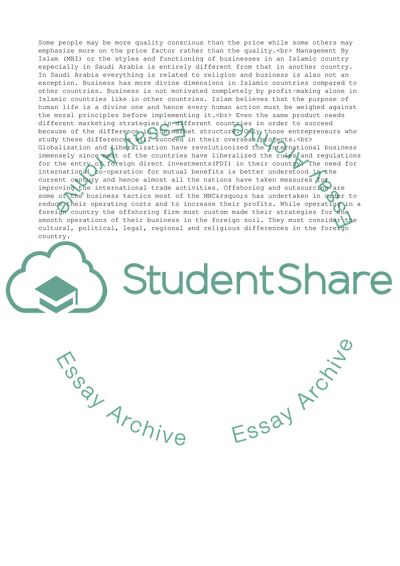Cite this document
(Managing Operation Planning During Business Expansion Case Study, n.d.)
Managing Operation Planning During Business Expansion Case Study. Retrieved from https://studentshare.org/business/1725061-cross-cultural-management
Managing Operation Planning During Business Expansion Case Study. Retrieved from https://studentshare.org/business/1725061-cross-cultural-management
(Managing Operation Planning During Business Expansion Case Study)
Managing Operation Planning During Business Expansion Case Study. https://studentshare.org/business/1725061-cross-cultural-management.
Managing Operation Planning During Business Expansion Case Study. https://studentshare.org/business/1725061-cross-cultural-management.
“Managing Operation Planning During Business Expansion Case Study”, n.d. https://studentshare.org/business/1725061-cross-cultural-management.


